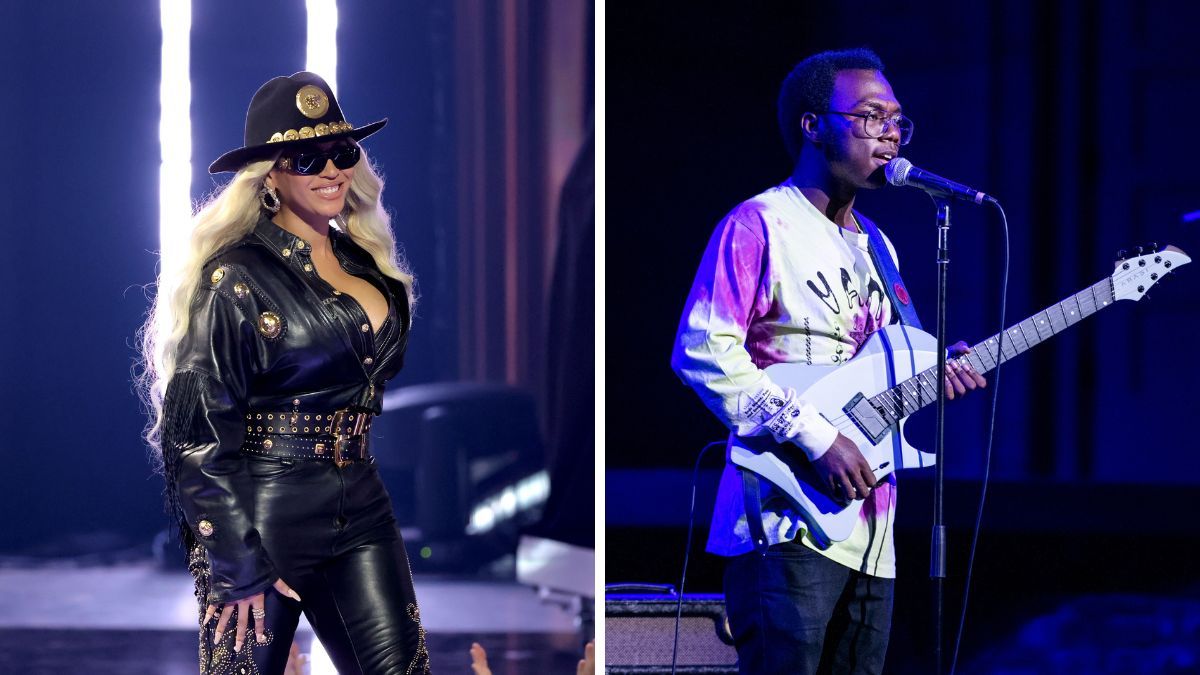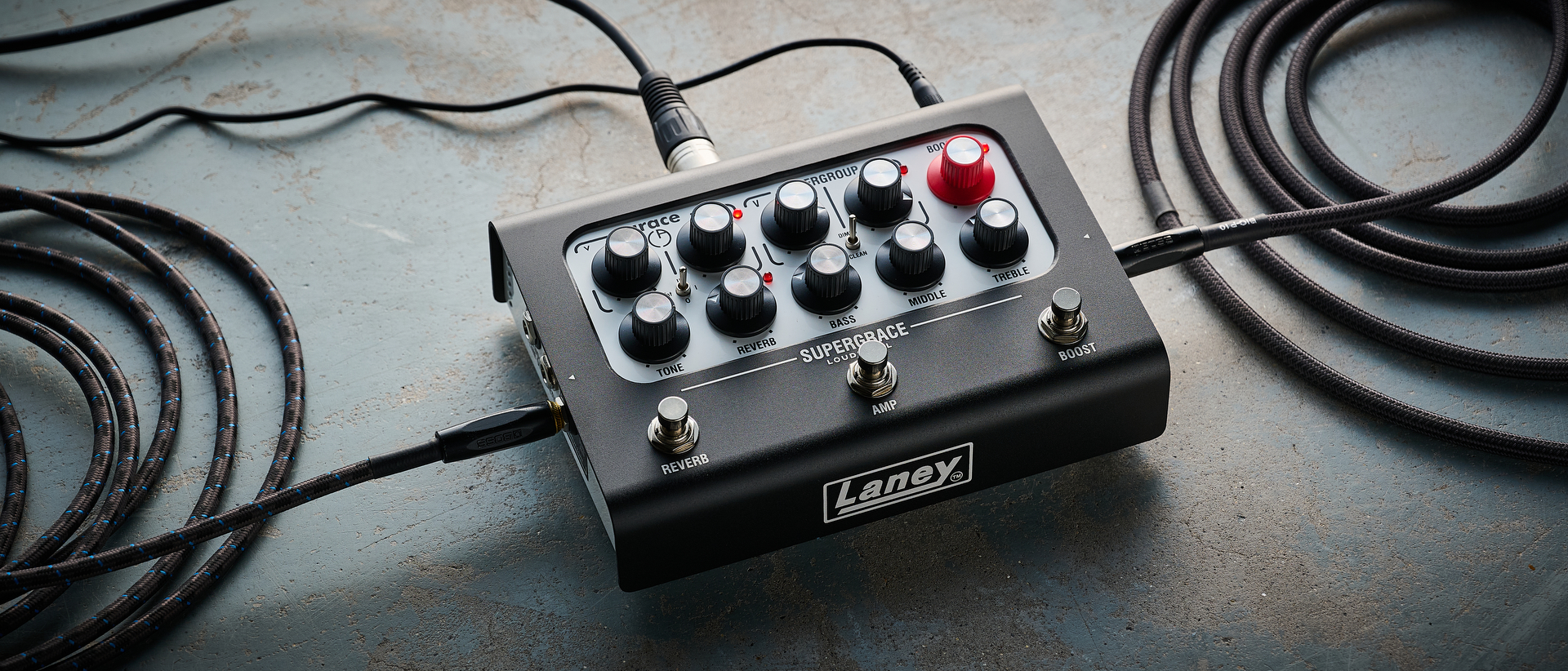“As soon as I heard the demo, I knew it would be crucial to add rock elements”: Justus West reveals how he sneaked Tosin Abasi and Plini onto the new Beyoncé album (sort of)
The prolific session guitarist and producer pulls back the veil on Cowboy Carter’s high-profile recording sessions – and the surprisingly progressive gear he used on Beyoncé’s country album

All the latest guitar news, interviews, lessons, reviews, deals and more, direct to your inbox!
You are now subscribed
Your newsletter sign-up was successful
Beyoncé's Cowboy Carter has been lauded for its modern take on country and Americana. Still, it might come as a surprise that guitarist Justus West, who played on single 16 Carriages, brought some progressive gear choices into the studio.
“As soon as I heard the demo version of the song, I knew it would be crucial to add rock elements on the chorus to really emphasize the scale of the song,” he tells Guitar World.
“Also, with all the songs on this album paying homage to Black American music, the blend of genres was also a worthy and needed addition. Honestly, the brief in my mind was to make this song as epic as possible.”
To convey the vision he had in mind, West opted for gear you might not expect to crop up on a Beyoncé album.
“Gear-wise, I used my blue Abasi Concepts Larada. Those active pickups really gave me the huge tone and bite I was looking for,” says West.
“I used the Plini Neural DSP as an amp sim with some added reverb from the stock Ableton reverb and also the stock Ableton Chorus to add a touch of wideness to the distorted guitars.”
Released by Animals as Leaders guitarist Tosin Abasi's company Abasi Concepts, the Larada's distinct shape, plus multi-scale fanned frets and Abasi signature Fishman Fluence pickups, make it a favorite among prog and metal guitarists. The same can be said for Neural DSP's Archetype, created alongside prog guitar virtuoso Plini.
All the latest guitar news, interviews, lessons, reviews, deals and more, direct to your inbox!
Their use on Cowboy Carter maintains the genre-fusion trend that country music is currently experiencing, with guitarists and bassists such as Matheus Canteri, Harmoni Kelley and Justus West tearing up the rulebook.
In a 2022 interview with Guitar World, West explained how despite country not being his forte, the genre served as his springboard into the session world via an unlikely collaboration with country legend Vince Gill.
“Country is nowhere near my background, so it was a huge honor to go there [Guitar Center’s OnStage contest with Vince Gill] and be accepted. A lot of people don’t realize Vince is an incredible guitar player, so it was cool to be up there chicken pickin' with one of the greatest ever, and to be told I actually did a good job. Because of that, I ended up moving to Nashville, and played with Vince a few times.”
Speaking to Guitar World today, West also lifts the veil on how he got involved with the project in the first place – and how the recording sessions for a project as high-profile as Beyoncé’s went.
“I had actually worked with Dave Hamelin, the producer of this song, previously on an artist named 070Shake,” he explains. “He felt I could be an instrumental piece in helping him put this Beyonce song together as well.
“The recording session was a lot of fun. I was in the studio with Ink [producer, songwriter and guitarist Atia Boggs] and Dave until the sun started rising working on this jam! We recorded my parts in Los Angeles at Record Plant.”
Alongside West, Gary Clark Jr., Raphael Saadiq, Jon Batiste, and Nile Rodgers were among the extensive list of veteran guitarists who contributed to Beyoncé's Cowboy Carter.
Janelle is a staff writer at GuitarWorld.com. After a long stint in classical music, Janelle discovered the joys of playing guitar in dingy venues at the age of 13 and has never looked back. Janelle has written extensively about the intersection of music and technology, and how this is shaping the future of the music industry. She also had the pleasure of interviewing Dream Wife, K.Flay, Yīn Yīn, and Black Honey, among others. When she's not writing, you'll find her creating layers of delicious audio lasagna with her art-rock/psych-punk band ĠENN.



